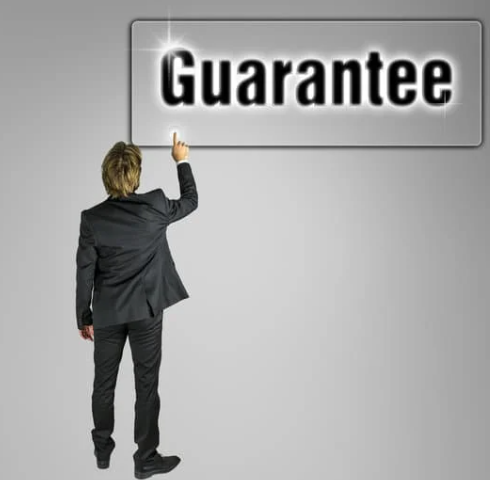Strengthening Government-Backed Financing Guarantees
In a move to enhance financial support for small and micro enterprises (SMEs) and rural sectors, China has introduced new regulatory measures aimed at improving government-backed financing guarantees. Issued jointly by the Ministry of Finance and five other government bodies, these regulations are designed to strengthen the role of financing institutions in facilitating capital access for key sectors, especially small businesses and agricultural enterprises. These rules will take effect on March 1, 2025, marking a pivotal step in supporting China's economic recovery and long-term growth.
Strengthening Access to Capital for SMEs and Rural Enterprises
Government-backed financing guarantees are vital for improving the creditworthiness of borrowers, particularly in sectors with limited access to traditional financing. These guarantees help share the risks between lenders and borrowers, enabling financial institutions to extend loans to businesses that might otherwise be considered too risky.
The new regulations require government-backed financing guarantee institutions to focus primarily on small businesses, agriculture, rural enterprises, and farming communities. This aligns with China's broader economic strategy to stimulate job creation in labor-intensive sectors and promote rural revitalization.
The regulations stipulate that financing institutions should prioritize policy-driven services, providing guarantees for small enterprises with loans up to 10 million RMB, with at least 80% of the total guarantee amount allocated to rural sectors. Additionally, individual loan guarantees should not exceed 5 million RMB, addressing the long-standing issue of "high costs and difficult access to financing" for SMEs and agricultural businesses.

Government Support and Policy Objectives
A core aspect of the measures is ensuring that government-backed institutions remain focused on their primary role of offering policy-driven guarantees. These institutions are prohibited from expanding into high-risk or unrelated businesses, such as providing guarantees for government bond issuance or local government financing platforms.
To enhance the effectiveness of the new regulations, local governments will support financing guarantee institutions through capital injections, risk compensation, and performance-based incentives. However, the government is also focused on preventing the accumulation of hidden debt, aligning with its broader strategy to maintain fiscal health while supporting the real economy.
The regulations introduce a risk management framework, encompassing comprehensive risk evaluation, post-guarantee management, and recovery processes. Experts believe these provisions are essential for ensuring the long-term sustainability of financing guarantee institutions.
The Role of Local Governments and Financial Institutions
Local governments are key to the success of the financing guarantee system. They will be encouraged to provide targeted support to guarantee institutions through capital supplements and fee subsidies, which will enable these institutions to better serve SMEs and rural enterprises without over-relying on fiscal subsidies.
The regulations are expected to foster stronger partnerships between banks and guarantee institutions. By reducing or eliminating collateral requirements and lowering guarantee fees, the policy aims to ease the financing burden on SMEs. Furthermore, banks are encouraged to offer preferential interest rates and engage in risk-sharing mechanisms to lower financing costs for underserved sectors.
While these measures address immediate financing needs, their long-term success will depend on effective monitoring and performance evaluations. Local authorities will assess financing guarantee institutions based on criteria such as risk management, business scale, and impact on employment and economic stability.





















































First, please LoginComment After ~